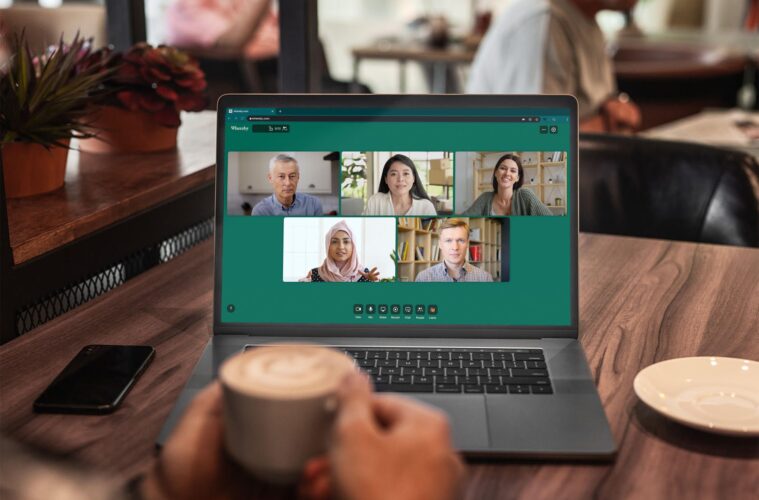Does remote working make you happier, more successful and productive? A survey from Whereby points to a future with less time in the office. Olivia Palamountain reports
Video-call platform Whereby has commissioned a survey to track workers’ attitudes towards the office in the age of Covid-19.
Since the pandemic struck, millions of Britons have been working from home, learning and adapting to entirely new practices and experiences.
Whereby canvassed opinion from 1,500 British professionals on the impact and future of remote working, according to both businesses owners/decision-makers and employees. The video-call experience was also surveyed.
Respondents were asked to self-identify either as employees uninvolved in working policy decisions, or as business-owners/senior management.
The findings suggest that the mass shift to remote working has been a positive change for most employees, with 82 per cent of businesses considering permanent remote working flexibility, due its success during lockdown.

Some 65 per cent of businesses are considering downsizing or changing their office space once lockdown is lifted, as they anticipate more staff working remotely in future, while 73 per cent of businesses are considering moving more or all of their future recruitment interviews to video.
Staff members seem content to WFH too, with 53 per cent of employees feeling that their mental wellbeing has improved due to working from home and 60 per cent stating that their experience of remote working has prompted them to consider changing career or job.
Just over half (54 per cent) of employees feel that remote working has resulted in longer hours, but the survey does not reveal whether they considered this positive or negative.
It’s good news for employees averse to meetings, with 42 per cent of them feeling more comfortable participating via video call than in in-person, compared to 32 per cent who feel less comfortable on professional video calls.
Less successful on video call, however, are attitudes towards gender. In this case, 57 per cent of employees feel that they have seen more ‘mansplaining’ (a man explaining something in a patronising or condescending way to a woman) on video calls than they would do in traditional, in-person meetings.






